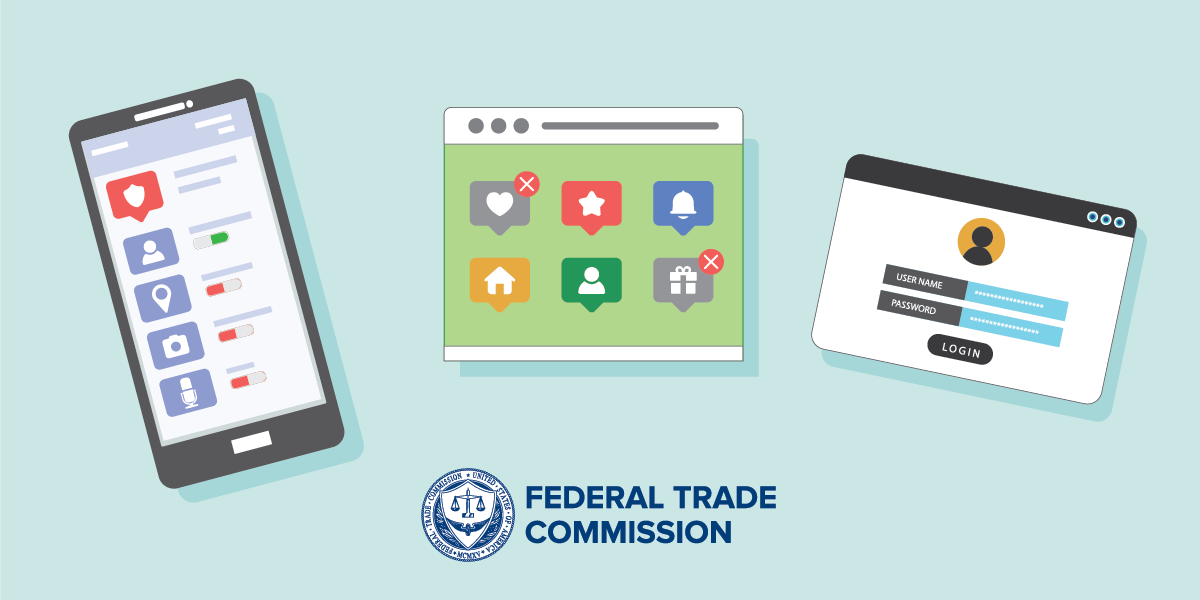
Hello there, this is Yuron.
How conscious are you of privacy and security when using the internet?
I think most people create accounts at the mercy of Microsoft or Google and use them to connect various applications and hardware.
Today, I would like to summarize ways to use the internet as anonymously and safely as possible, in order to rebel against the excessive information collection and privacy violations by giant tech companies such as GAFA, ISPs, server operators, and state powers.
TOC
Why the Internet is not anonymous
Activities on the Internet are not as anonymous as we think. Many people believe that their personal information is protected when using the Internet, but in reality, information is collected in various ways.
For example, websites may use cookies and tracking technology to track user behavior and sell it to advertisers and data brokers. Posts on social media and various web services may also provide clues to identifying specific users.
ISPs and server operators also keep records of which IP addresses users access.
It is generally said that these communication logs are stored for three to six months, but the actual period is unknown.
This can also be seen as a continued violation of privacy by telecommunications companies and server administrators.
(※ This website stores access logs for the past three months)
In Japan, Article 21, Paragraph 1 of the Constitution explicitly guarantees the secrecy of communications, but the possibility of interception cannot be denied when corruption/corruption is rampant in the state power, including the police organization, and the power is interpreted broadly.
To briefly discuss my personal political philosophy, I believe that the separation of powers/bureaucracy and the corruption of power are already occurring in many countries around the world, including Japan. We can no longer say that countries are fully protecting the safety of their citizens/nationals, which is why we must continue to raise awareness about privacy and security.
Technologies for anonymizing the internet
Here are some technologies for anonymizing the internet.
VPN
VPN (Virtual Private Network) is a technology that protects privacy by encrypting a user’s internet connection and routing it through another server.
This allows users’ IP addresses to be hidden from server administrators and also makes it possible to circumvent geographical restrictions.
However, using a VPN does not make you completely anonymous, and VPN providers may record user data, so it is important to choose a reliable service.
Here are some reliable/reputable VPN services with no-log policies:
- NordVPN
- ProtonVPN
- MullvadVPN
Anti-tracking software
Anti-tracking software is a tool that prevents websites from tracking your behavior. This software blocks cookies and scripts, reducing the risk of your personal information being collected.
Examples of software with anti-tracking capabilities include:
- Browser extensions
- Privoxy
- AdGuard
- U-Block Origin
- Browsers
- Brave
- LibreWolf
- Anti-tracking search engines
- DuckDuckGo
- Messaging apps
- Signal
- Session
Anonymizing networks
Tor (The Onion Router), I2P, and other anonymizing networks encrypt users’ communications through multiple nodes, hiding their original IP addresses as a result. While this provides a high level of anonymity, it often slows down connection speeds. Some websites may also restrict access from Tor. In these cases, you can get around this by using VPN over Tor and/or Proxy over Tor.
A well-known VPN service that supports this feature is AirVPN.
Anti-information collection doctrine and distributed server systems
Recently, anti-information collection doctrine has been spreading around the world due to concerns about data collection. This is a movement to counter personal data collection by the GAFA giants and to protect one’s own privacy.
Users need to understand where and how their data is being used and act accordingly. This trend is important not only for privacy protection but also for protecting one’s own digital identity.
Anti-information collectors, including myself, support a distributed server system as a means for users to protect their privacy. Blockchain technology and P2P networks, in particular, are powerful tools for realizing this idea. These technologies liberate data from centralized administrators and allow users to own it.
- Decentralized SNS
- Mastodon
- Miskey
- Decentralized media platform
- PeerTube
- DTube
- LBRY
- BitChute
